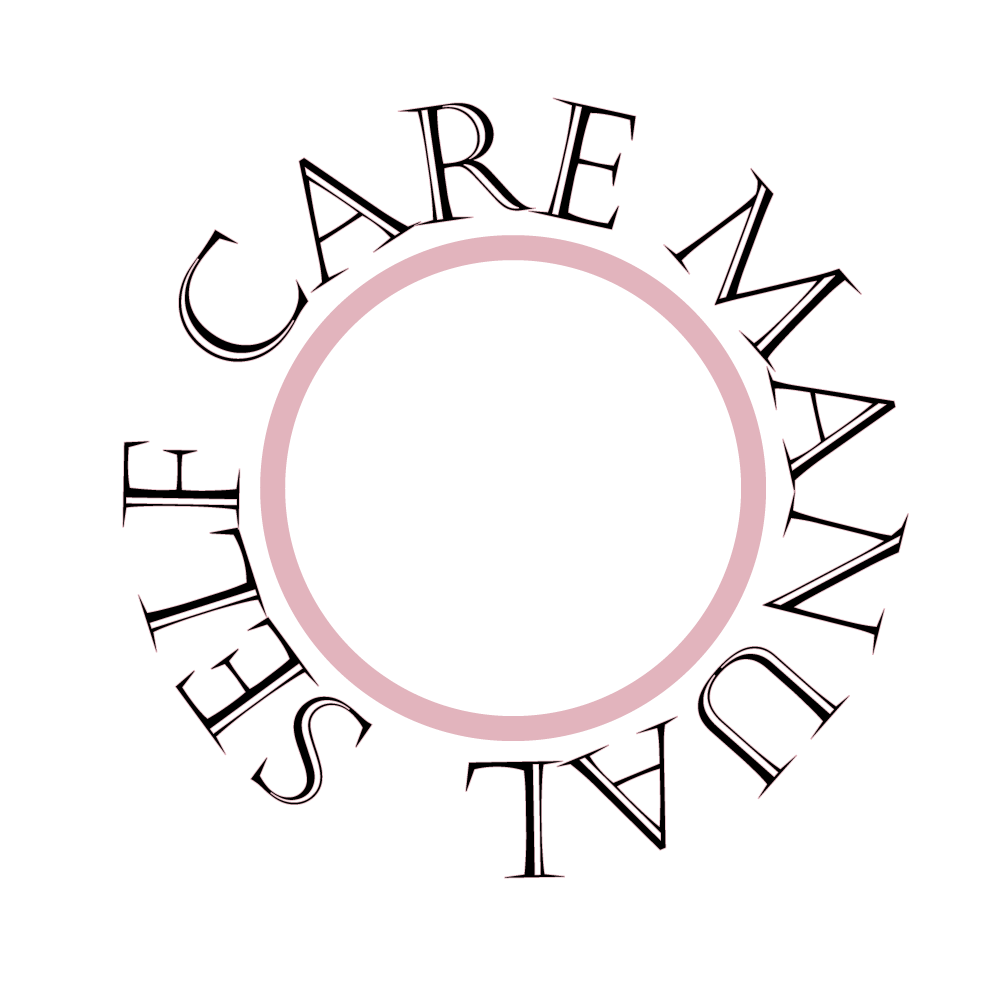The Foundation of Beautiful Hair: Understanding the Importance of Scalp Health
As we move from winter to spring, our bodies adjust to the changing weather. During winter, the air gets dry, and our skin feels it. Plus, our poor scalp often gets neglected under all those layers of clothing. But when spring rolls around, humidity levels rise, and suddenly we're dealing with oily skin and itchy scalps.
In this post, we'll chat about keeping our skin and scalp happy all year. Stick around to learn some simple tips that can keep your skin glowing and your scalp itch-free no matter the season.
Understanding Scalp Health
While we often recognize the protective role of hair for the scalp, we tend to overlook the scalp's significance as a nurturing environment for developing hair. Yet, studies on various scalp conditions shed light on how scalp health directly impacts the quality of our hair.
Oxidative stress, a common factor in skin aging and other skin issues, also affects the scalp. Interestingly, before hair even emerges from the scalp, it can be affected by oxidative stress, potentially leading to premature hair loss.
Understanding these aspects of scalp health highlights the importance of maintaining scalp health for overall hair vitality. By addressing scalp issues and reducing oxidative stress, we can support the growth of healthy, resilient hair.
To maintain a healthy scalp, it's essential to keep it clean and well-nourished. Regular cleansing removes dirt, excess oil, and product buildup, preventing clogged pores and potential scalp issues. Additionally, proper hydration is crucial for scalp health, as dehydration can lead to dryness and itchiness. Incorporating scalp massages into your routine can also promote blood circulation, delivering essential nutrients to the hair follicles and supporting healthy hair growth.
Impact of Seasonal Changes
During winter, cold weather and indoor heating systems can lead to dryness and lack of moisture. These conditions can strip the scalp of its natural oils, leaving it dry, flaky, and prone to irritation.
On the other hand, the transition to spring brings new challenges, particularly with increased humidity. While moisture is essential for scalp health, excess humidity can create a breeding ground for bacteria and fungi, leading to potential scalp irritation and discomfort.
Moreover, exposure to harmful UV rays during the summer months can also impact scalp health. The outermost layers of hair, known as cuticles, are particularly vulnerable to UV damage. Without proper protection, prolonged sun exposure can lead to dry, brittle hair and scalp issues.
Nutrition and Scalp Health
The health of our scalp is intricately linked to our overall nutritional intake. Various factors, including genetics, age, hormones, and nutrient deficiencies, can influence the speed and quality of hair growth. Nutritional deficiencies, such as anorexia, anemia, and zinc deficiency, as well as hormonal fluctuations like menopause and thyroid disease, can all impact hair growth rates.
To support optimal hair growth, it's crucial to ensure that the metabolic requirements of follicle cells are met, including the intake of essential minerals and vitamins. Nutritionists emphasize the importance of a balanced diet, rich in protein, fruits, vegetables, grains, and healthy fats. A deficiency in essential nutrients can manifest in the hair, leading to symptoms such as dryness, dullness, and increased shedding.
Specific nutrients play key roles in maintaining scalp health and promoting healthy hair growth. Vitamins A, C, and E, along with omega-3 fatty acids, are particularly beneficial for scalp health. B group vitamins, especially biotin, are essential for healthy hair growth and should be included in daily dietary intake.
It's essential to address any nutritional deficiencies promptly to prevent further hair issues. Crash diets and restrictive eating patterns can lead to temporary hair loss due to inadequate nutrient intake. By prioritizing a well-rounded diet and ensuring adequate nutrient intake, we can support scalp health and promote vibrant, resilient hair growth.
Consider adding more of these to your diet:
Salmon: Rich in omega-3 fatty acids, salmon promotes scalp health by reducing inflammation and supporting hair growth.
Spinach: Packed with vitamins A and C, spinach helps to nourish the scalp and keep hair follicles healthy.
Sweet Potatoes: High in beta-carotene, sweet potatoes are converted into vitamin A in the body, promoting a healthy scalp and encouraging hair growth.
Eggs: A good source of protein and biotin, eggs support the production of keratin, a key component of hair, and help maintain a healthy scalp.
Walnuts: Loaded with omega-3 fatty acids, walnuts help to moisturize the scalp and reduce inflammation, promoting healthy hair growth.
Greek Yogurt: Rich in protein and vitamin B5 (pantothenic acid), Greek yogurt nourishes the scalp and strengthens hair follicles.
Berries: Bursting with vitamin C and antioxidants, berries support collagen production in the scalp, promoting healthy hair growth.
Avocado: Packed with healthy fats and vitamin E, avocado helps to moisturize the scalp and improve hair elasticity.
Oysters: A great source of zinc, oysters support scalp health by promoting cell growth and repair.
Bell Peppers: High in vitamin C and antioxidants, bell peppers support collagen production in the scalp, helping to keep hair strong and healthy.
As we transition from winter to spring, we must adapt our scalp care routine to address the challenges posed by changing environmental conditions. While winter weather may strip our scalp of moisture, spring's humidity can lead to irritation and discomfort. Additionally, exposure to harmful UV rays during the summer months can further impact scalp health.




Navigating the world of sunscreen options can be overwhelming. With so many choices available, finding the right SPF for your skin type, lifestyle, and location can feel like a daunting task.